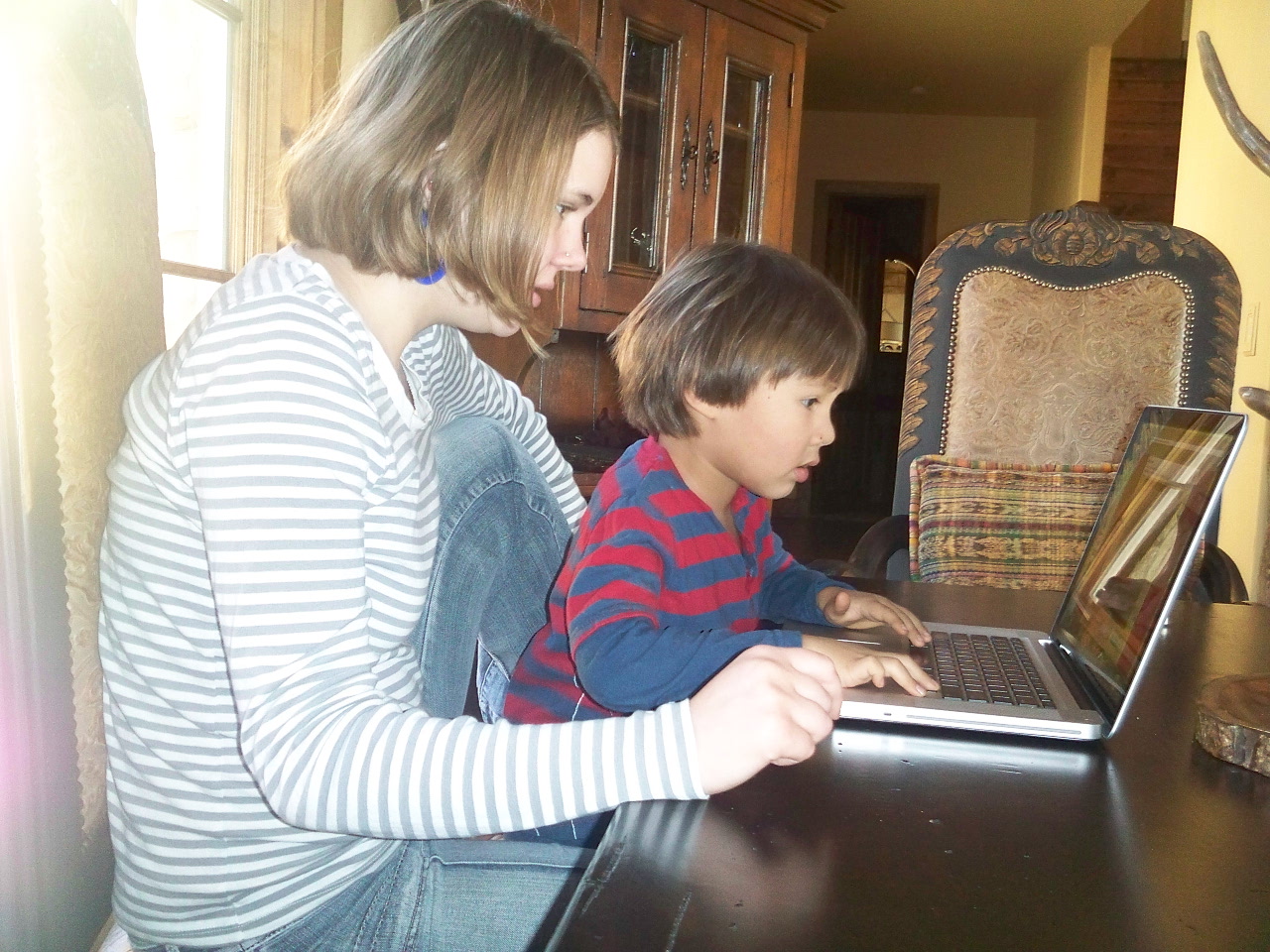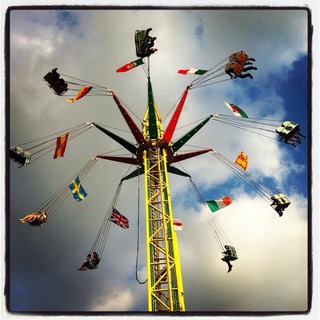
. . . .
The quote is from page 136 of The Big Book of Unschooling
photo of Holly and Orion by Sandra Dodd
This is a re-run from 12/31/10, when Holly was a teenager and Orion was a little boy.





Half of me says "bummer" and half of me says "cool!" and so at the balance point of those two, we continue to discuss unschooling.





In every single case of real-life violence anyone can think of, wouldn't it have been better if the perpetrator had been home on the couch than out causing trouble? 🙂
